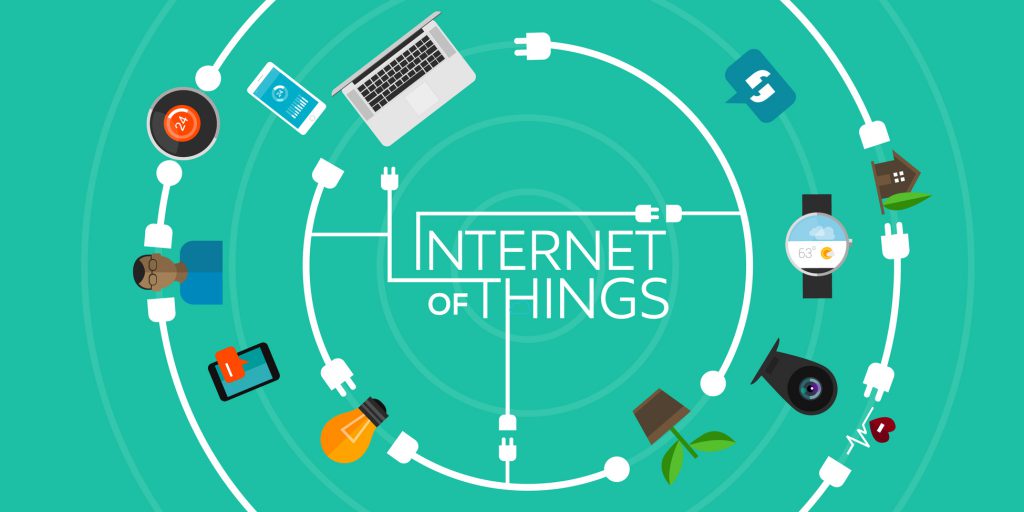Note
Access to this page requires authorization. You can try signing in or changing directories.
Access to this page requires authorization. You can try changing directories.
Imagine you are staying at the office late for a meeting. You are worried about missing the latest episode of Game of Thrones. You log on to an app on your phone, and through Internet of Things (IoT) and a sensor connected to your TV, you can record the series to watch when you get home.
Have you ever had that sinking feeling that you left the front door open? With IoT connected cameras, you can log in to security cameras to monitor your home or office for any suspicious activity.
If you’ve left the lights or air-conditioning on, you can also switch them off through your phone, to save energy when you are not there.
The connected life is the vision of Amine Chouaieb, a Tunisian entrepreneur who runs a business based on IoT.
His first invention was the Inner J box. This technology captures the complex relationships among devices, premises, customer accounts, users, applications, networks and services that must be managed by any Smart Grid to save energy. By winning a Microsoft 4Afrika grant, his business, CHIFCO, piloted its technology, which is built on Microsoft’s Azure platform.
The Inner J box uses sensors and works with grids, to allow people to save energy when demand is high. For example, during peak times an SMS will be triggered automatically reminding them to turn-off their air-conditioning. The system then detects that they have done so and offers them a data or electricity voucher for an equivalent amount to their energy saving.
“In such systems all the players of the energy distribution channel are winners. This technology is a first in Africa, and enables users to enjoy real-time energy monitoring and an energy bill reduction by 30%,” says Amine. See how it works here https://bit.ly/1hYg5Mk
The Inner J box has evolved to include the Smart Life solution, a home automation solution that allows virtual control of things like security, Wi-Fi networks, air conditioning, fridges and baby monitors. The user can monitor their home or office environment through any device. Smart Life also collects data from your household appliances, and uses machine learning to help optimize consumption of energy.
The IP Cam is another CHIFCO invention, and is a connected surveillance camera, which has a sensor that is triggered when someone walks past it, sending an alert to the user. This makes it much more flexible than a normal CCTV camera, because it can send and receive data.
Fleet Control is another smart solution engineered by Amine that allows fleet management through sensors connected to vehicles that measure speed, distance and performance.
Amine’s solutions are proof that IoT is not just for cities or giant corporations. It is becoming part of everyday life. “Africa has huge potential for the technology, but IT infrastructure needs to improve in many regions for the benefits of IoT to be fully realised,” he says.
Some people still don’t fully trust the technology, and are concerned about security and privacy. “We need help from governments and corporations to allay these fears and convince people about the benefits of IoT by implementing them within their own departments,” Amine concludes.
